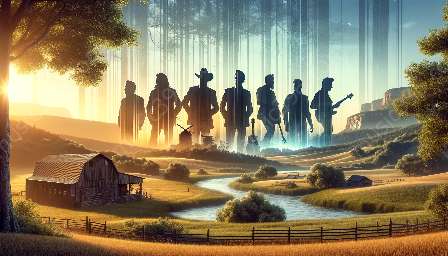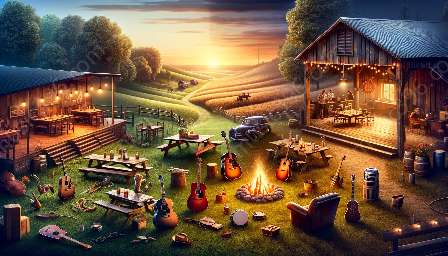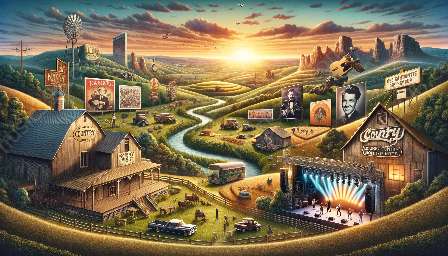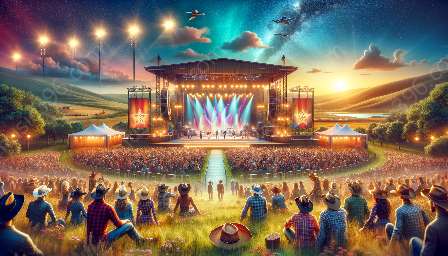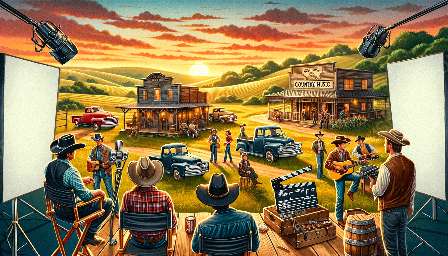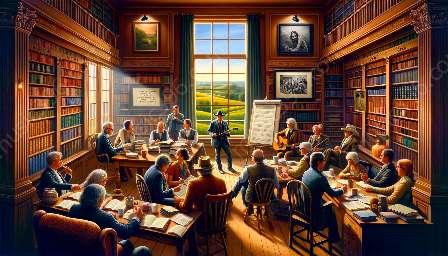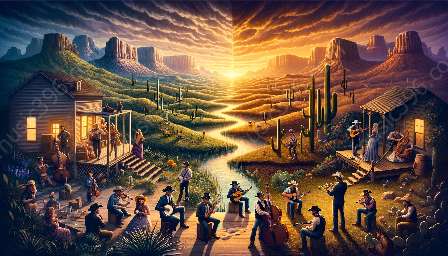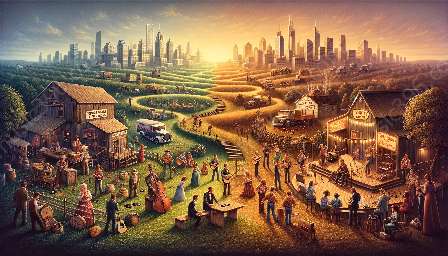Country music is deeply rooted in the tradition of storytelling. The genre’s lyrics often depict authentic and relatable narratives, drawing listeners in with emotions, experiences, and storytelling that resonate on a personal level. The influence and impact of country music on society, particularly its storytelling elements, is profound and far-reaching.
The Origins of Storytelling in Country Music
The origins of country music can be traced back to the 1920s, rooted in the folk music traditions of the rural south. The storytelling nature of the genre emerged as a way for individuals to express their everyday experiences, struggles, and joys. Early country music artists drew inspiration from their surroundings, creating songs that reflected their lives and the lives of those around them.
As the genre evolved, storytelling became a defining characteristic of country music. The lyrics often paint vivid pictures of life, love, heartbreak, and resilience, offering listeners a glimpse into the human experience.
Narrative Power of Country Music
Country music's narrative power lies in its ability to capture real-life scenarios and emotions. The raw, unfiltered storytelling in country songs allows listeners to connect with the music on a deeper level, often finding solace and understanding in the shared experiences depicted in the lyrics.
This narrative power has made country music a prominent cultural force, influencing not only the music industry but also various aspects of society. From providing a voice to the working class to addressing societal issues, country music has served as a platform for storytelling that reflects the collective experiences of its listeners.
Impact of Country Music's Storytelling on Society
Country music's storytelling has had a profound impact on society, shaping cultural perceptions and inviting conversations about shared experiences. The themes of love, loss, resilience, and community depicted in country songs resonate with listeners from diverse backgrounds, fostering a sense of unity and understanding.
Moreover, the storytelling in country music often addresses important social issues, sparking discussions and raising awareness about topics such as poverty, family dynamics, and patriotism. Through its evocative storytelling, country music has the power to prompt introspection and inspire positive change within communities.
At the same time, country music's storytelling has also contributed to the preservation of cultural heritage and traditions. By depicting the everyday lives of rural and working-class individuals, country songs have served as a testament to the rich tapestry of American history and the enduring spirit of its people.
Continuing Legacy
As country music continues to evolve, storytelling remains at the heart of the genre. Modern country artists build upon the tradition of narrative songwriting, infusing their own perspectives and experiences into their music while staying true to the genre's storytelling roots.
Through evolving storytelling techniques and diverse musical influences, country music continues to captivate audiences around the world. Its enduring ability to connect people through shared narratives ensures that the influence and impact of country music's storytelling will continue to shape both the music industry and society for years to come.


